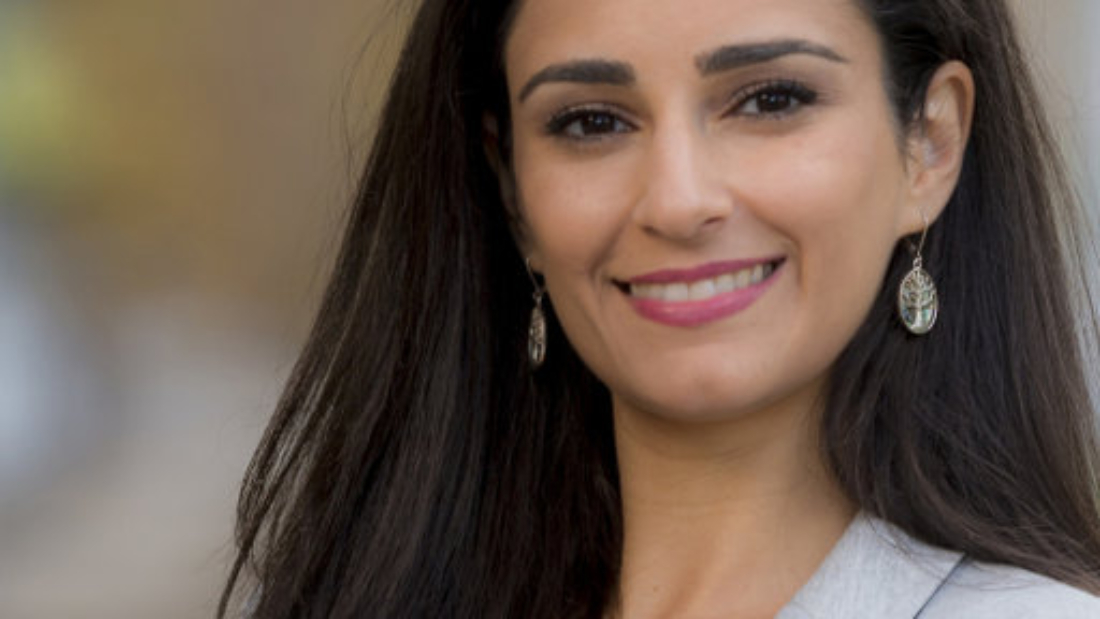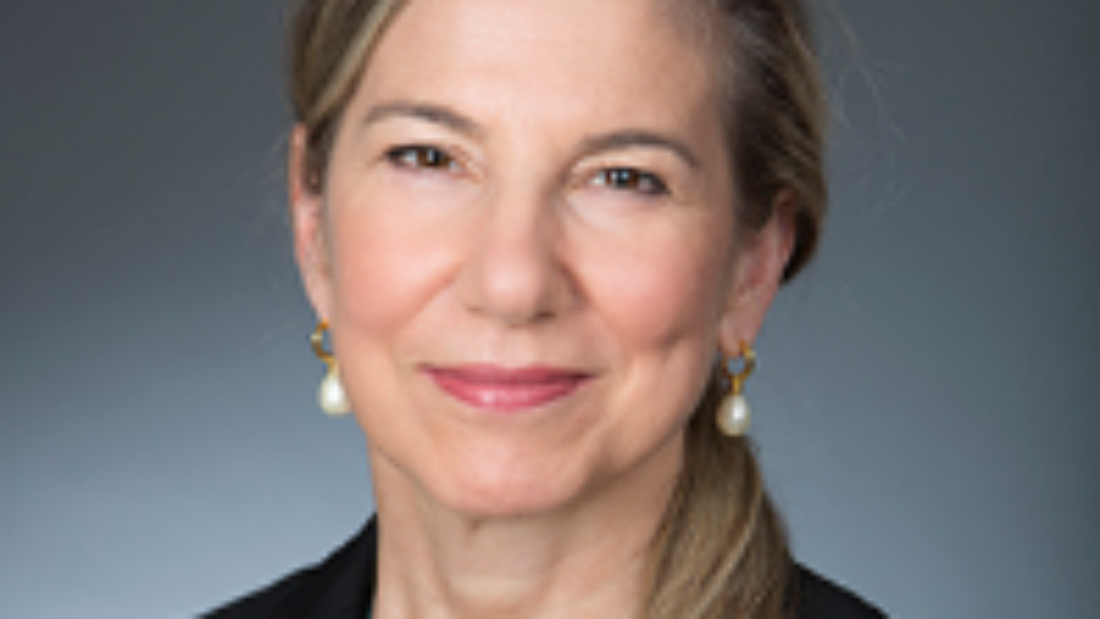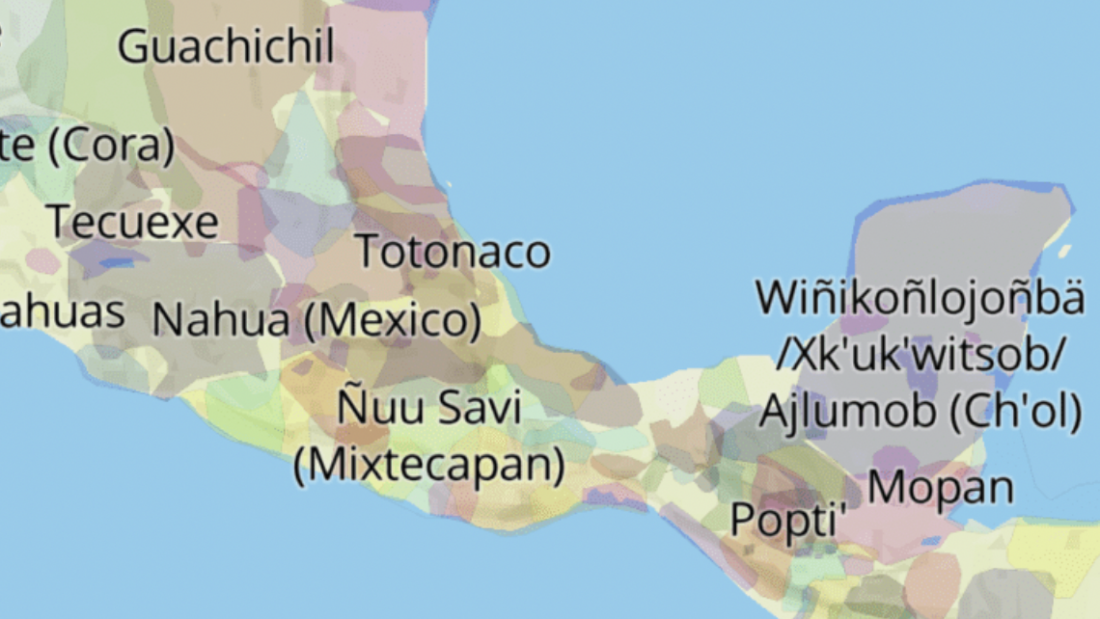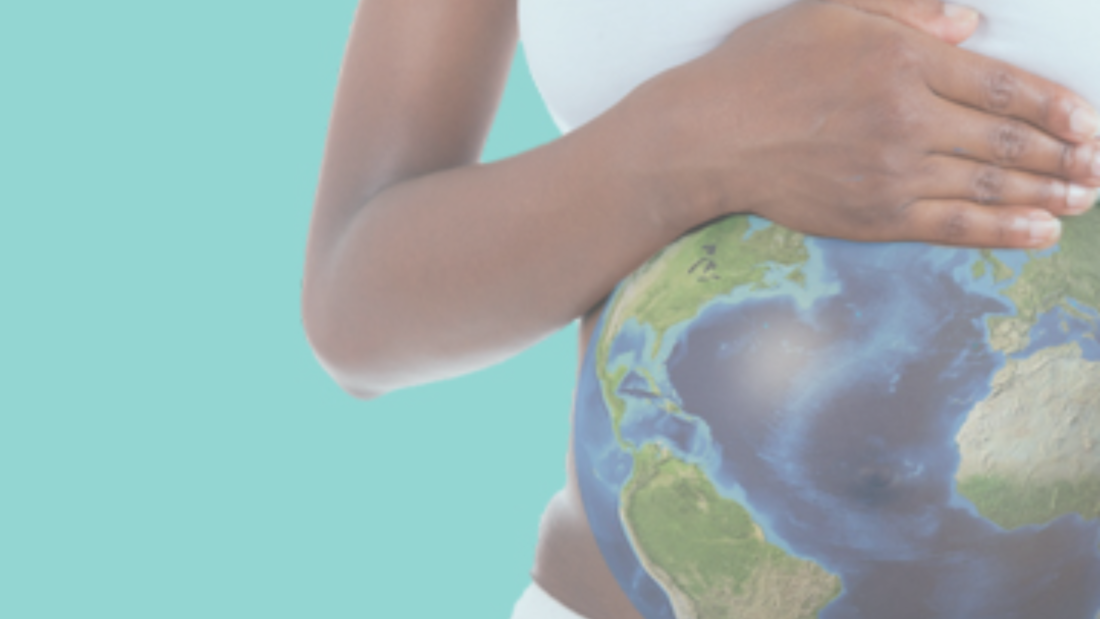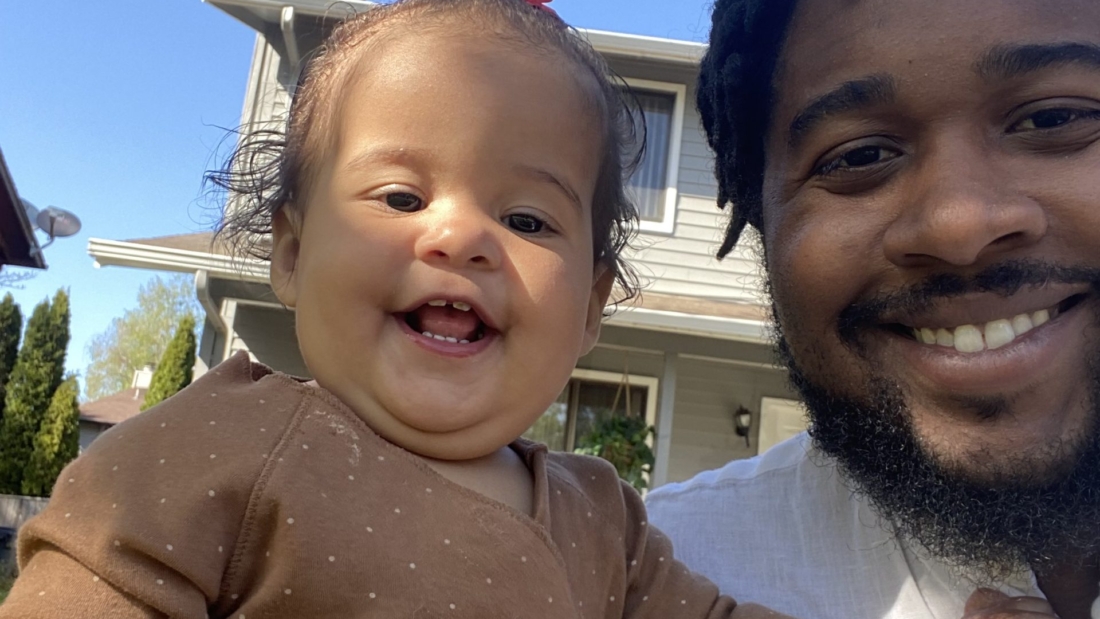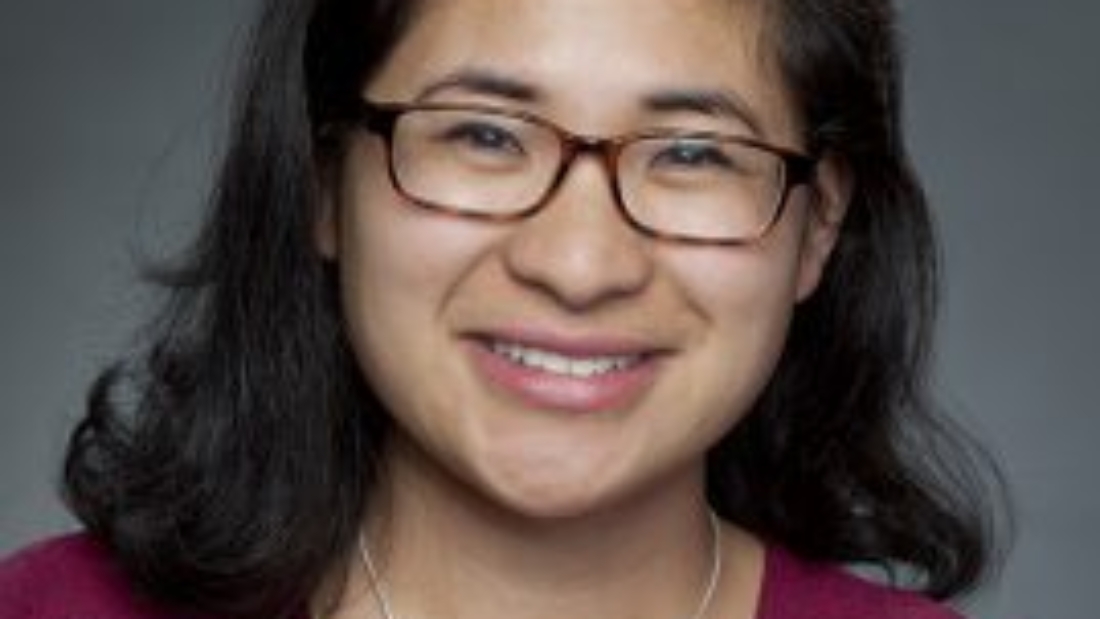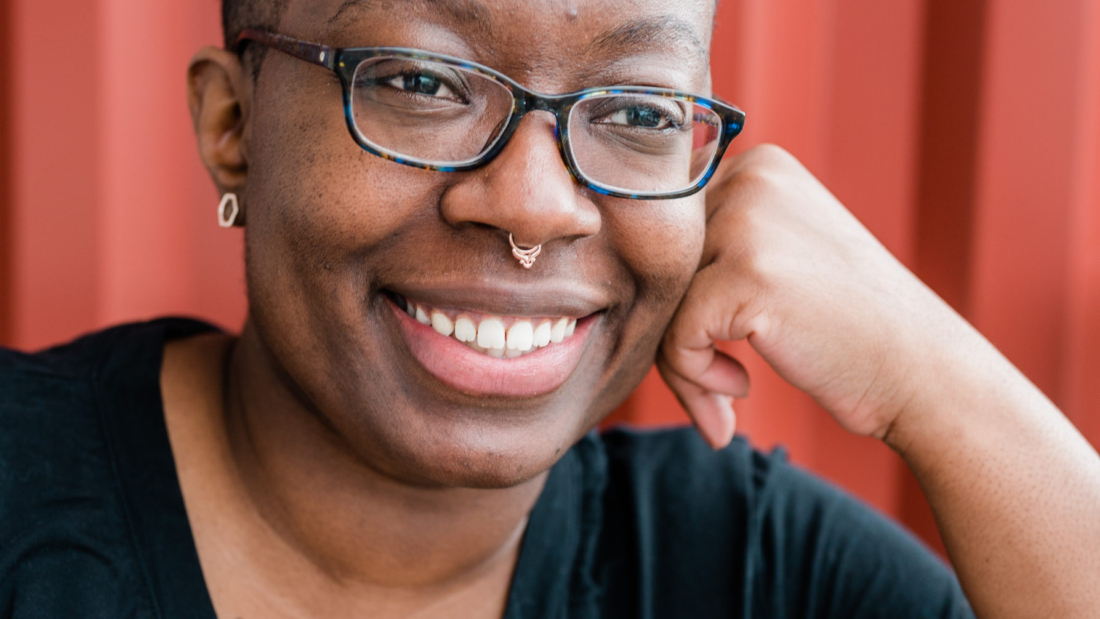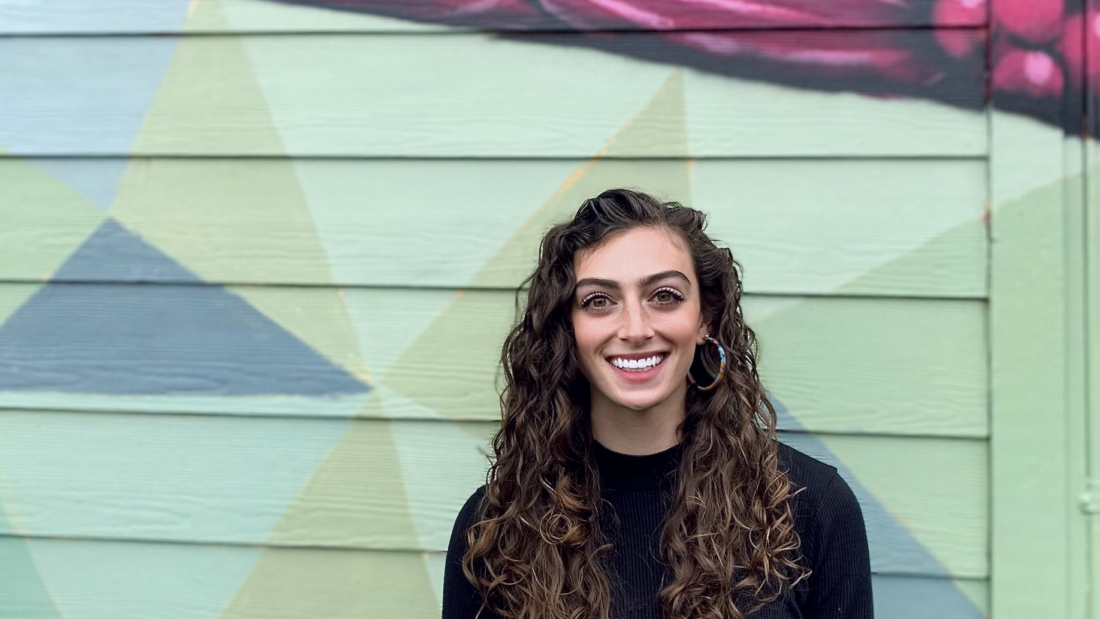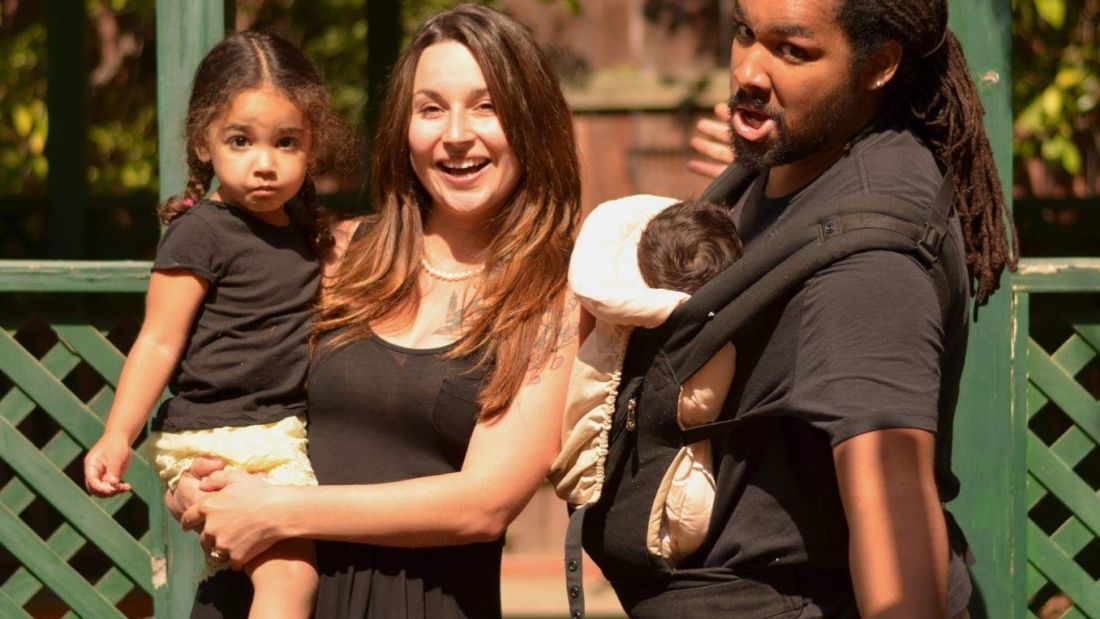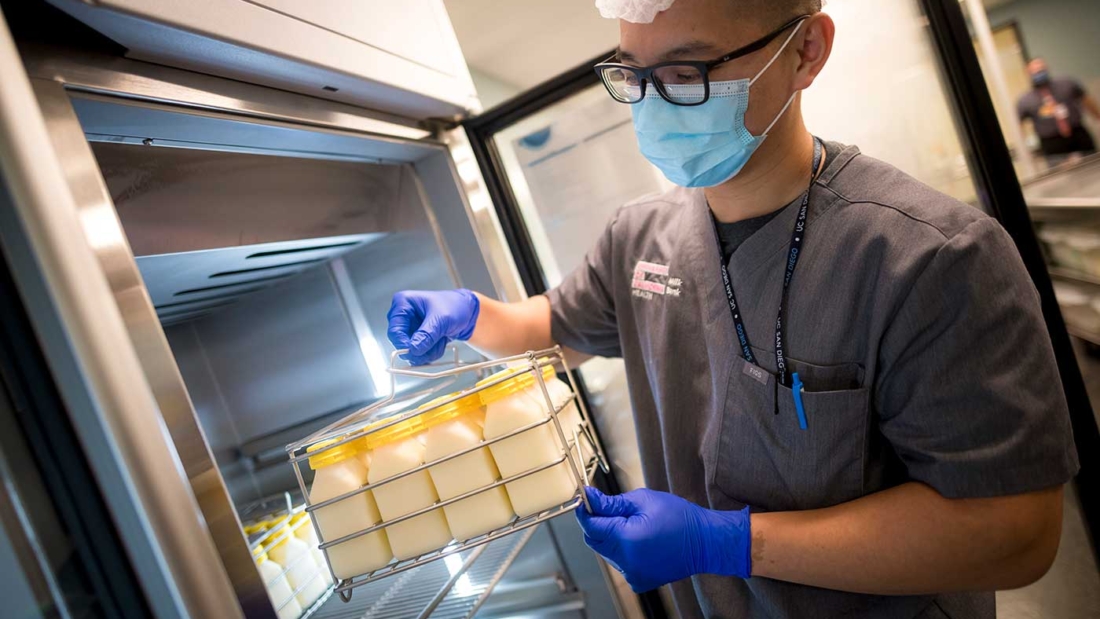As part of our countdown to Milk | Mood | Moves conference, we are highlighting a few of our speakers. Next up: Dr. Sara Moukarzel!
After conducting research as bench scientist studying minor fat molecules in human milk, Sara Moukarzel, Ph.D became frustrated with the lack of research findings that were reaching the public and the large amount of health misinformation reaching the public, especially on social media. With her own frustration as the impetuous, she began a new strand of research looking into how scientists can create accurate and effective social media messages so that their findings can reach a larger audience outside of the scientific community. Dr. Moukarzel entered a relatively new and growing field of research that, until recently had few widely available tools and few researchers. While large organizations and commercial enterprises often analyzed user behavior for marketing purposes, few scientists were looking at the spread of scientific health (mis) information.
However, that changed recently as the term “misinformation” entered the public consciousness with the spread of COVID-vaccine misinformation and the increased scrutiny placed on social media companies and their role in propagating misinformation more broadly. With the public awareness about misinformation as well as the creation of widely available analytics tools and the ever-increasing number of users on social media platforms, Dr. Moukarzel’s research has become all the more timely and relevant.
Her primary findings on how to create engaging posts shows that posts that are short, empowering, and simple to understand as well as show diversity and include photos illicit the most engagement. In addition, her work stresses the importance of using trusted sources such as community leaders to share health information. She recommends campaigns partner with already-existing trusted organizations to garner more attention. In many ways, “we are all influencers” for our communities, she said.
However, she does not want to minimize the challenge of educating the public. Information from researchers can be misconstrued or misinterpreted by more public facing media and by individuals. Nuance can be lost.
Learn more about Dr. Moukarzel and her research here and be sure to register for Milk | Mood | Moves, an interdisciplinary conference on September 23-24, 2021 for health professionals, researchers, and advocates to share the latest science and clinical knowledge of pregnancy, birth, and postpartum, focusing on human milk and lactation, perinatal mood disorders, and physiology and biomechanics of the perinatal period. Dr. Moukarzel will be speaking on how you can be an effective on social media especially in the field of chestfeeding.
